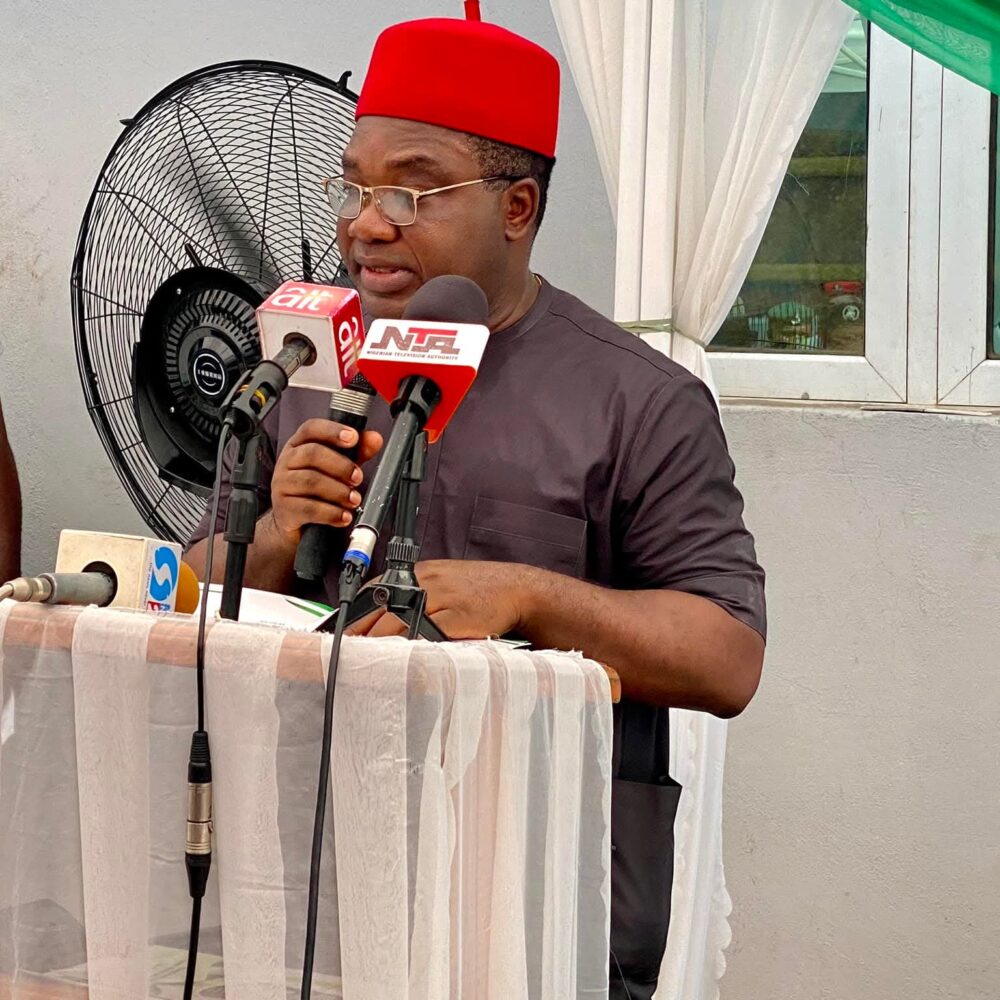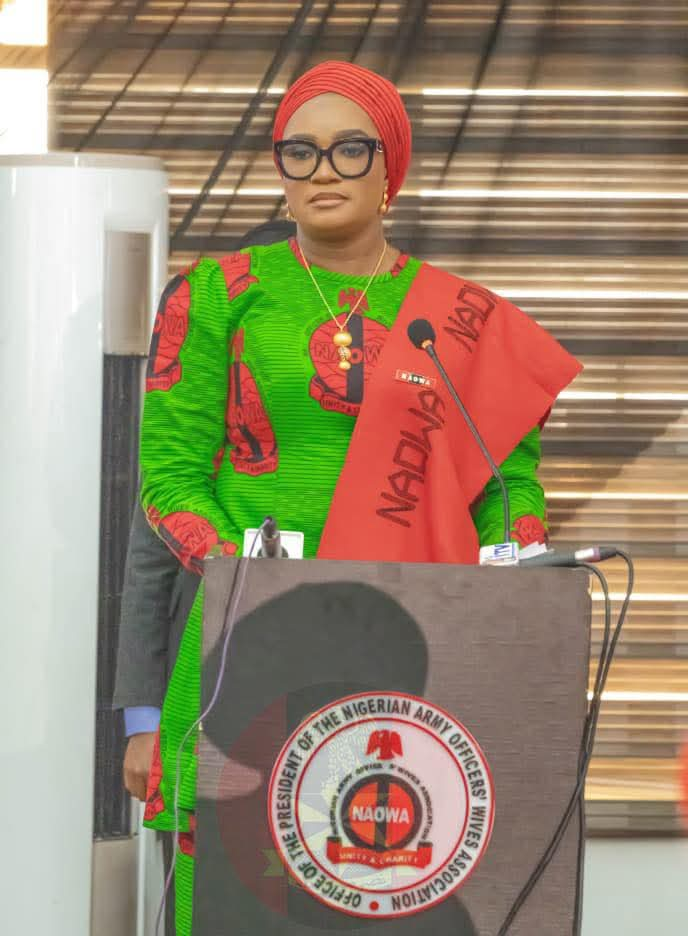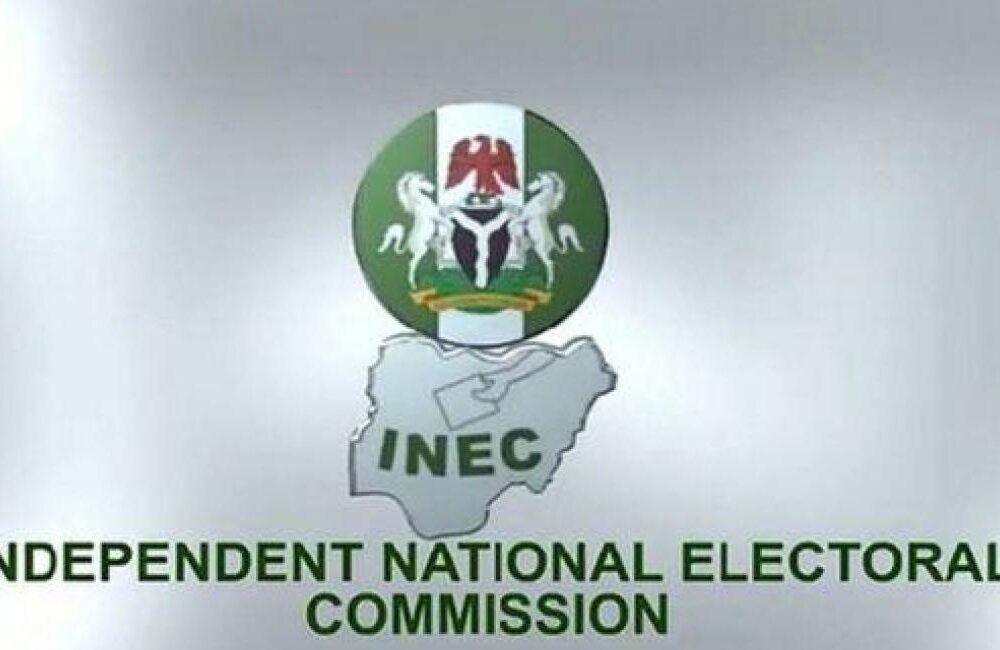Nigeria on Tuesday lost its $1.7 billion claim against JP Morgan Chase Bank over the transfer of proceeds from the sale of OPL 245 in the controversial Malabu oil deal.
Judge Sara Cockerill ruled Tuesday that the Nigerian government couldn’t show that it had been defrauded in the case.
In the suit, Nigeria is claiming more than $1.7 billion for the bank’s role in the controversial deal. Nigeria also alleges that JP Morgan was “grossly negligent” in its decision to transfer funds paid by oil giants Shell and Eni into an escrow account controlled by a former Nigerian oil minister, Dan Etete.
Earlier in February, Nigerian lawyer, Roger Masefield, argued that the nation’s case rested on proving that there was fraud and JP Morgan was aware of the risk of fraud.
“The evidence of fraud is little short of overwhelming,” the lawyer told the court.
“Under its Quincecare duty, the bank was entitled to refuse to pay for as long as it had reasonable grounds for believing its customer was being defrauded.”
Quincecare refers to a legal precedent whereby the bank should not pay out if it believes its client will be defrauded by making the payment.
Judge Cockerill said Tuesday that by the time of the 2013 payments, the bank was “on notice of a risk” of fraud.
“There was a risk – but it was, on the evidence, no more than a possibility based on a slim foundation,” the judge ruled.
Background
The OPL deal details how Shell and Italy’s Eni in 2011 paid the Nigerian government of then president Goodluck Jonathan a combined $1.3 billion for an oil block. Of that amount $875 million was paid to Malabu Oil & Gas, a company controlled by former oil minister Dan Etete.
Mr Etete had awarded Malabu the rights to the block in 1998 when he was Nigeria’s oil minister.
Within weeks of the deal in April 2011, half of Malabu’s money was allegedly packed into bags and paid out to Nigerian government officials and Western oil executives as cash bribes.
The deal has also spawned further lawsuits, including efforts by a new presidential regime in Nigeria to recover assets. A panel of judges in Milan acquitted the companies and executives, who all denied any wrongdoing, of bribery last March. Prosecutors have however appealed the ruling.
Classified documents from Britain’s financial crime agency seen by this newspaper revealed how it allowed JP Morgan to pay $875 million of suspicious funds to Mr Etete, a former Nigerian oil minister widely known as a convicted money launderer.
The documents, rarely seen Suspicious Activity Reports (SARs), were filed by the banking giant’s London branch as it raised concerns about huge payments it was being asked to make by the Nigerian government to Mr Etete.
READ ALSO: MALABU: JP Morgan replies Nigeria, faults corruption allegations against Jonathan, Adoke
The reports were filed in 2011 and 2013 to the UK’s Financial Intelligence Unit (FIU), which at that time sat within the now defunct Serious Organised Crime Agency.
Trial
The trial opened in February with details of the claim by Mr Masefield, who argued that the bank failed in its Quincecare duty.
Damages sought by Nigeria include cash sent to Mr Etete’s company, Malabu Oil and Gas, around $875 million paid in three installments in 2011 and 2013, plus interest, taking the total to over $1.7 billion.
But Bloomberg reports Tuesday that the London High Court judge said no such breach took place.
“The Federal Republic of Nigeria is naturally disappointed by the outcome of the judgment and will be reviewing it carefully before considering next steps,” a spokesman told Bloomberg. He added that the Nigerian government will continue its fight against fraud and corruption and to work to recover funds for the people of Nigeria.
JP Morgan in a statement said that the judgment reflects its commitment to acting with high professional standards in every country it operates in. The bank added that the judgement also shows how “we are prepared to robustly defend our actions and reputation when they are called into question.”
PREMIUM TIMES’





